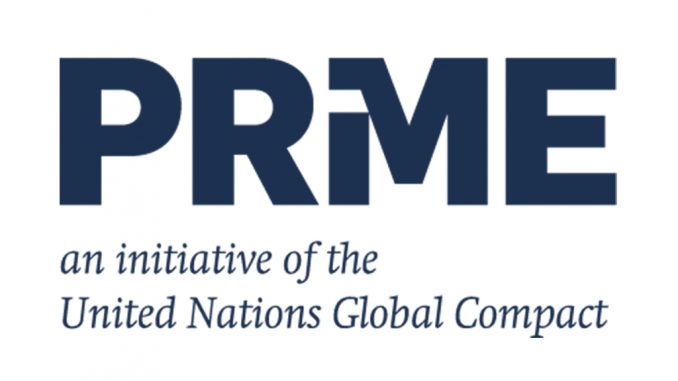Neural activity of the brain holds enormous promises on understanding the recognition and memory functions of the brain. The results of an investigative study on the fluctuations of neural activity on the brain of a mouse suggest “a principle by which memory can be learned and retained in a stable manner despite significant ongoing synaptic fluctuations”.
The primary and more complex functions of the brain have been deciphered. However, researchers have had difficulties understanding how the brain stores memories and restores recognition.
Nevertheless, neural activity investigations reveal a possible mechanism to store and recall memories.
Memory influenced by neural activity
Researchers are convinced about the brain’s ability to hold and erase memories as proven in a mouse. However, how this is achieved remains a mystery to the researchers.
Memories are events that occur in the past, persisting through time, and can be recalled. It is a constant in the brain, and the researchers believe there must be a continuous material within the brain that holds the memory.
The scientists claim to have discovered the constant mechanism that plays a significant role in storing and recalling memories in the brain, called abstract constants.
These abstract constants originate from neural activity. Neurons in the brain have unpredictable functions and are unable to encode memories.
Yet, the network of neurons can be modeled with some set of equations such that the intensity of synapses firing by neurons is predictable.
In other words, neurons can be predicted somewhat to determine how well the neurons perform synapses firing.
The scientist found that the equations were able to determine the influence of synaptic input on a neuron, which can either be strengthened or weakened due to learning and recall.
The influence on synaptic input on neurons was further studied by the researchers, focusing on some so-called fixed points.
Unpredictable neural activity stores information
The activity of neurons as it relates to the time of synapses firing can never be known or predicted. However, with the set of equations, the rates and patterns of neurons firing are predictable as it stays within certain bounds.
From the studies of the researchers, they concluded that the unpredictability factors of neural activity do store information.
This observation was proven using the scientist model. The neuron network model was exposed to an input stimulus, which changed the network fluctuations.
With continued exposure to a stimulus, the researchers found that the response became stronger.
The pattern of neuron firing was unpredictable, but the scientists found that neural activity increases with more stimuli exposure.
Another discovery by the researchers model is that as a stimulus recalls memories, they get weaker. It could strengthen others, as well.
The researchers mention neuronal connectivity in invariant shapes is a possibility that could result in the brains’ ability to keep memories and recall them.
Raising awareness and continuing to promote brain research in universities, especially with respect to neurodegenerative conditions (Parkinson’s, ALS, Dementia, Alzheimer’s, etc.), are of primary importance globally.
Dementia is one of our greatest medical challenges, and there are currently no survivors. Dementia is caused by physical brain diseases, most commonly Alzheimer’s. These diseases slowly take away a person’s memories, identity, and connection to their family, friends and the world.
Get some basic education about the brain here.







